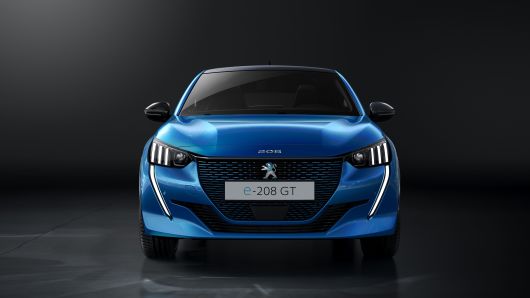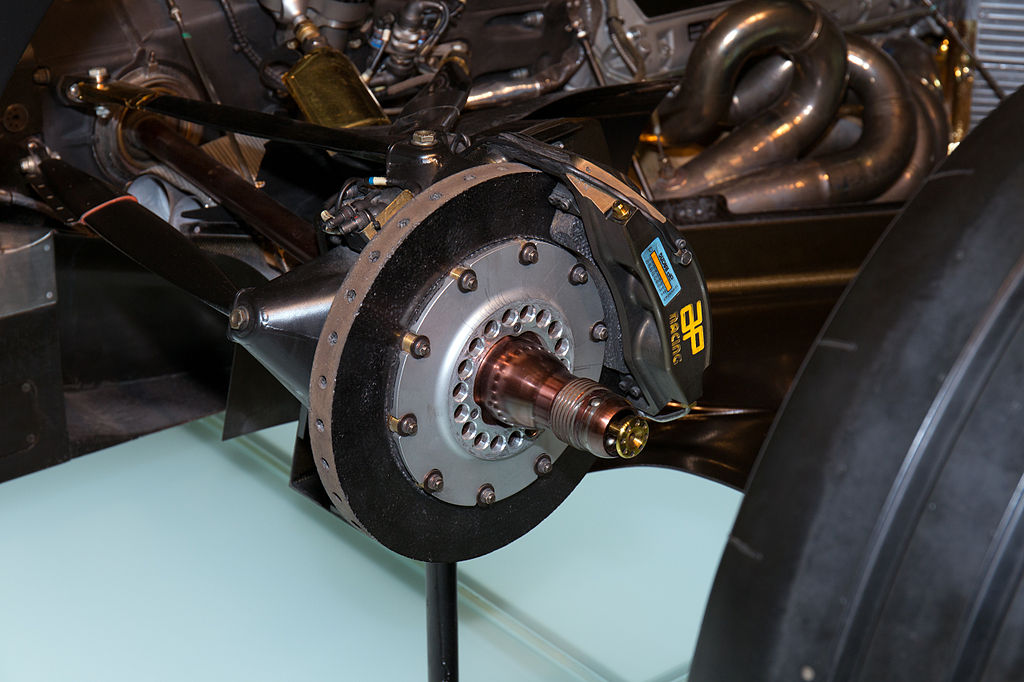Now Reading: 2020 set to be the year of the electric car, say experts
-
01
2020 set to be the year of the electric car, say experts
2020 set to be the year of the electric car, say experts

Europe’s automakers are equipping to make 2020 the year of the electric car, according to automotive experts, with a wave of new models introducing as the world’s biggest manufacturers scramble to reduce the carbon dioxide emissions of their products.
Previous electric models have mainly been targeted at niche markets, but 2020 will see the release of flagship electric models with known names, such as the Mini, the Vauxhall Corsa and the Fiat 500.
The number of electric vehicle (EV) models available to European customers will jump from fewer than 100 to 175 by the end of 2020, according to data firm IHS Markit. By 2025 there will be over 330, based on an analysis of company declarations.
The new supply will cater to a fast-growing market as demand for petrol-powered vehicles progressively recedes. UK EV sales will increase from 3.4% of all vehicles sold in 2019 to 5.5% in 2020 – or from 80,000 this year to 131,000 in 2020 – according to forecasts provided by Bloomberg New Energy Finance. By 2026 electric vehicle sales will represent a fifth of sales in the UK, the forecasts reveal. Similar predictions from LMC Automotive suggest 540,000 electric cars will be sold throughout the EU in 2020, up from 319,000 over the course of this year.
New European Union rules come into force on 1 January that will significantly penalize automakers if average carbon dioxide emissions from the cars they sell increase above 95g per kilometer. If automakers exceed that limit, they will have to pay a fine of €95 ($103) for every gram over the target, multiplied by the total number of vehicles they sell.
The excess emissions bill would have been £28.6bn ($37.20 billion) on 2018 sales figures, according to an analysis by the automotive consultancy Jato Dynamics, illustrating the extent of the modification needed by automakers over a short period of time. Jato analyst Felipe Muñoz stated there will still be large fines, as companies continue to sell profitable internal combustion engine cars and struggle to bring down EV costs to parity with their fossil-fuel peers.
“It is very difficult for automakers to change manufacturing infrastructure in such a short period of time,” Muñoz stated.
However, some experts take a more critical view of the industry that spawned the Dieselgate scandal, in which Volkswagen and some other automakers were shown to have deliberately cheated emissions regulations. Automakers successfully lobbied for a regulation that means cars emitting less than 50g of carbon dioxide per kilometer are qualified for so-called super-credits, a controversial policy which means that every electric vehicle sold counts as two cars. That makes it simpler for automakers to meet their targets, even if average emissions from their vehicles are actually higher than the rules stipulate.
“A lot of action has been postponed until [the automakers] need to,” stated Julia Poliscanova, at the campaign group Transport & Environment. “What they’re planning to produce is more or less what they need to hit their CO2 targets.”
Some of the new electric car models will go on sale just in time to qualify for regulations of the EU. In November the first of Volkswagen’s ID.3 cars presented a new electric production line in Zwickau, eastern Germany, that will be able to manufacture 330,000 vehicles annually by 2021. The first of BMW’s Mini Electric models, made in Oxford, will be available in showrooms in March. Vauxhall, owned by France’s PSA Group, will begin production of its Corsa-e in January, with sales to start in March.
Sales of pure electric vehicles will still be dwarfed by those of cars with conventional fossil-fuel engines, along with hybrids that use both battery and internal combustion power. But the electric vehicle surge is likely to contribute to major price reductions, as automakers compete for customers beyond the early adopters willing to pay a premium.
Stay Informed With the Latest & Most Important News
Previous Post
Next Post
-
 01Polestar Boss Says It’s Time To Outrun BMW M And Mercedes-AMG
01Polestar Boss Says It’s Time To Outrun BMW M And Mercedes-AMG -
 02Spy Shots: 2027 Mitsubishi Pajero Spotted in Testing Ahead of Possible U.S. Return
02Spy Shots: 2027 Mitsubishi Pajero Spotted in Testing Ahead of Possible U.S. Return -
 032026 Toyota Hilux EV: A Powerful Truck with Silent Torque
032026 Toyota Hilux EV: A Powerful Truck with Silent Torque -
![2027 Mercedes-Benz S-Class Debuts with V8 Engine [Photo Gallery]](https://speedlux.com/wp-content/uploads/2026/01/2027-Mercedes-Benz-S-Class-33-155x125.jpg) 042027 Mercedes-Benz S-Class Debuts with V8 Engine [Photo Gallery]
042027 Mercedes-Benz S-Class Debuts with V8 Engine [Photo Gallery] -
 052026 Corvette ZR1 Production Surges Past Expectations as Output Clears 1,000 Units
052026 Corvette ZR1 Production Surges Past Expectations as Output Clears 1,000 Units -
 06Spy Photos: VW ID. Polo GTI Goes Electric with 223 HP and 280 Miles of Range
06Spy Photos: VW ID. Polo GTI Goes Electric with 223 HP and 280 Miles of Range -
 07Hyundai Palisade’s Breakout Year Shows How Quickly the Market Can Turn
07Hyundai Palisade’s Breakout Year Shows How Quickly the Market Can Turn



![2027 Mercedes-Benz S-Class Debuts with V8 Engine [Photo Gallery]](https://speedlux.com/wp-content/uploads/2026/01/2027-Mercedes-Benz-S-Class-33-700x394.jpg)












































